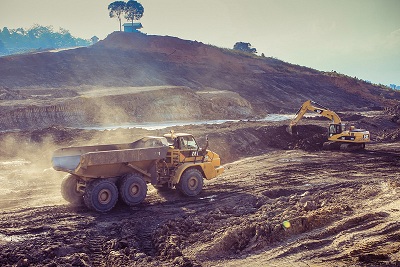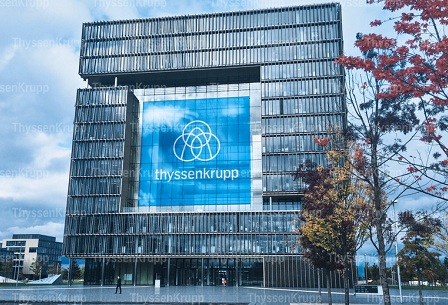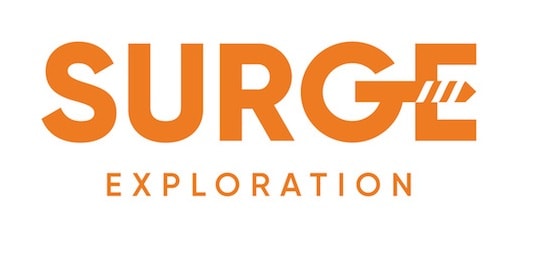Vale informs that it obtained on September 14th the Operating License (LO) to the S11D project rail spur, issued by the Brazilian Institute of Environment and Natural Resources (Ibama).
The license, valid for 10 years, was issued after the environmental authority checked the compliance with the environmental actions and control measures implemented by the project during the Installation License (LI).
With 101 kilometers long, the extension is a key work in the railway logistics of the project. Through it, the iron ore produced at the mine located in Canaã dos Carajás (PA) will be transported to the Carajás Railroad (EFC) in Parauapebas (PA), from which the product will go to Ponta da Madeira Maritime Terminal in São Luís (MA). For the executive leader of the S11D rail spur, Plinio Tocchetto, the issuance of the document is an extremely important milestone for the project. “This license demonstrates full commitment of the rail spur staff to deliver a railway with a high operational quality,” he stressed.
The rail spur integrates the S11D program, which also includes the duplication of EFC and the port expansion of Ponta da Madeira. The entire project, which includes construction works of mine, plant, and rail and port logistics in Maranhão and Pará, is at 79% of its physical works completed. The physical progress of the mine and the plant has already exceeded 90%, while the logistics reached 70%. Total investments amount to US$ 14.3 billion – US$ 6.4 billion invested in the implementation of the mine and the plant and US$ 7.9 billion related to logistics and port works.
The works of the rail spur began in February 2014 and included the construction of tunnels, bridges and viaducts, which aimed to ensure less interference in the National Forest of Carajás (Flonaca). Most of the track of the extension was built in pasture areas, acquired by negotiation with the owners. Of the total of 101 kilometers, just three kilometers pass through Flonaca. In this section, engineering solutions were adopted which will make it possible for the movement of animals during periods of floods. In addition, 32 wildlife crossings were installed over the entire section in order to allow the movement of wild animals in the forest area. The crossings also include passages for primates.
The extension has four tunnels, the first to compose the Northern transport logistics of Vale, with between 500 and 985 meters long. In the construction of the tunnels, robots with mechanized arms able to apply concrete from remote command. With pioneering state-of-art technology in construction in the region, it was possible to reduce the time for the concrete work process, ensuring greater productivity and safety for the workers at the project.
Social Investments
Vale has contributed in various ways to the development of Parauapebas and Canaã dos Carajás. Among the social investments is the expansion of service and job offerings created by the project. Approximately five thousand jobs were generated at the peak of the works. From this total, more than 85% were filled by workforce from the region.
Vale invested R$ 23 million in the expansion of Faruk Salmen highway, which helped to improve the road flow in the region, and ensured a greater safety to its users. Around R$ 20 million were also allocated to projects aiming at improving education and other development actions to generate employment and income for the communities located in the area of influence of the project.
Strategic
The S11D project is the largest in Vale’s history. Beside new operating mines in Pará and expansion projects in Minas Gerais, S11D will allow Vale to increase its competitiveness in the international market in the coming years. Iron ore from the mine has a very high quality and low production cost. This competitive advantage will allow the company to increase the blending, in ports overseas, of the S11D ore with those produced in so-called South and Southeast systems, in Minas Gerais, with lower iron content, improving the pricing of the final product.








